A medieval map has revealed the location of a lost 'Atlantis'

For centuries, rumors have circulated about an ancient kingdom called Cantre’r Gwaelod that once existed in Wales’ Cardigan Bay, before it sank beneath the waves to become the basis for a legendary “Welsh Atlantis.” Now, a pair of researchers present new evidence that two islands did once exist in the bay, based on an analysis of a medieval map, field studies, and geological surveys.
What the art of death masks can teach us about mourning
Nick Reynolds spent his childhood on the run in Mexico with his father, the infamous Great Train Robbery mastermind Bruce Reynolds, and now he is an artist who specializes in making death masks. He has been casting the faces of the dead for over twenty years, and is the only person doing it commercially in the UK.
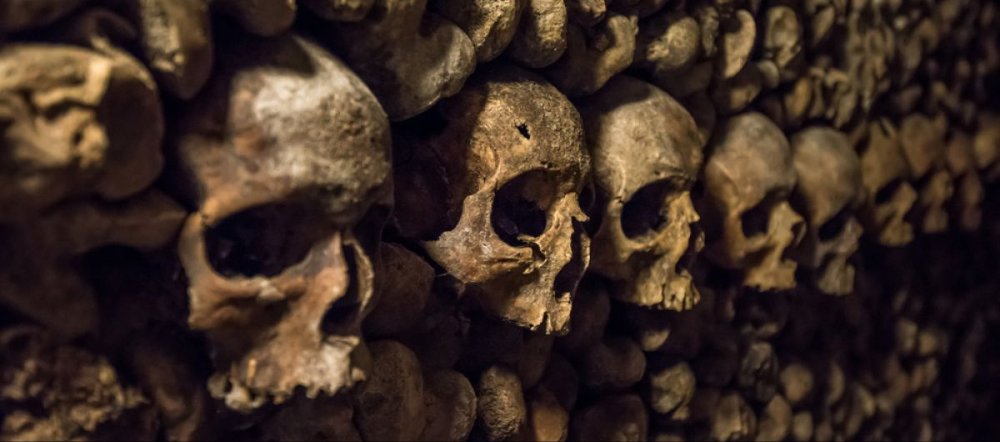
Skeleton of giant dinosaur found in a Portugese man's back yard
Palaeontologists from Spain and Portugal working on a site in the city of Pombal have found an intact skeleton belonging to a 40-foot-tall, 82-foot-long dinosaur that they believe could be the remains of the biggest sauropod dinosaur to be found in Europe. The excavation began when a landowner first noticed fragments of bones on his property in 2017 during construction works. "It is not usual to find all the ribs of an animal like this, let alone maintaining their original anatomical position," said Elisabete Malafaia, a postdoctoral researcher.
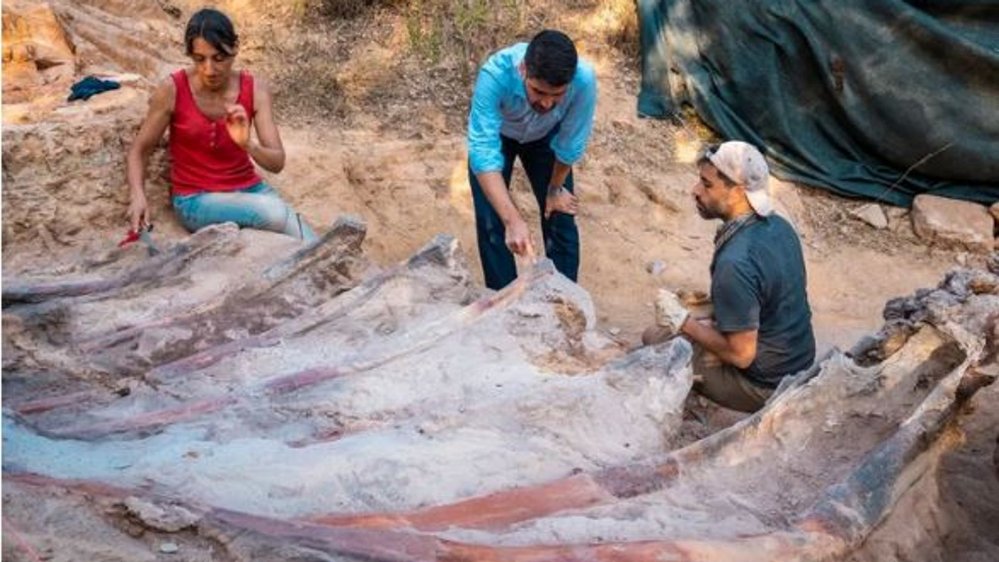
Artists set for court battle over who first taped fruit to the wall
The latest US lawsuit over a work of art is absolute bananas in every sense. An Italian artist who attached a banana to a wall with duct tape and titled it Comedian – reportedly selling several versions for more than $100,000 – is facing legal action over whether he copied another artist’s work. Maurizio Cattelan is accused of copyright infringement by Joe Morford, from Glendale, California, who says Comedian is just like his own duct-taped fruit, Banana & Orange, which he made two decades earlier.
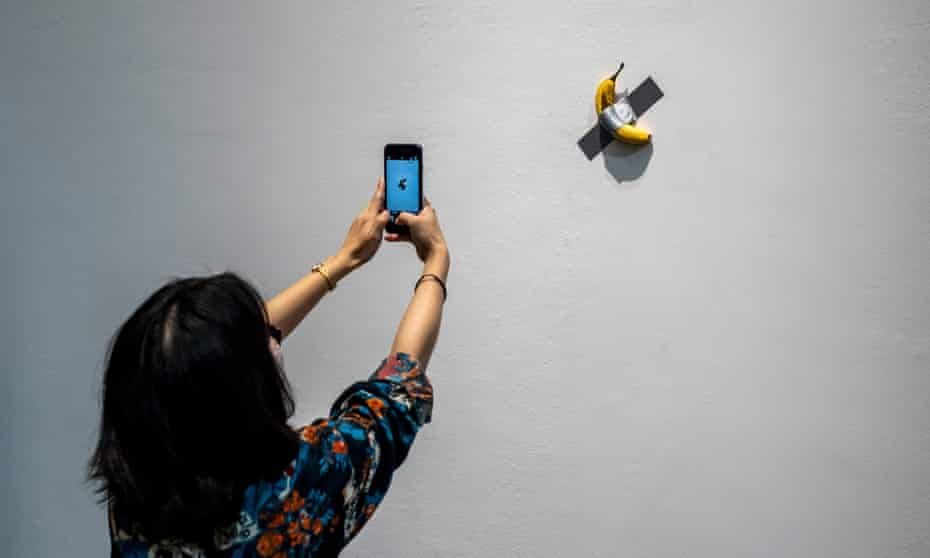
This company is about to grow new organs in a person
In the coming weeks, a volunteer in Boston, Massachusetts, will be the first to trial a new treatment that could end up creating a second liver in their body. The company behind the treatment, LyGenesis, hopes to save people with devastating liver diseases who are not eligible for transplants. Their approach is to inject liver cells from a donor into the lymph nodes of sick recipients, which can give rise to entirely new miniature organs.
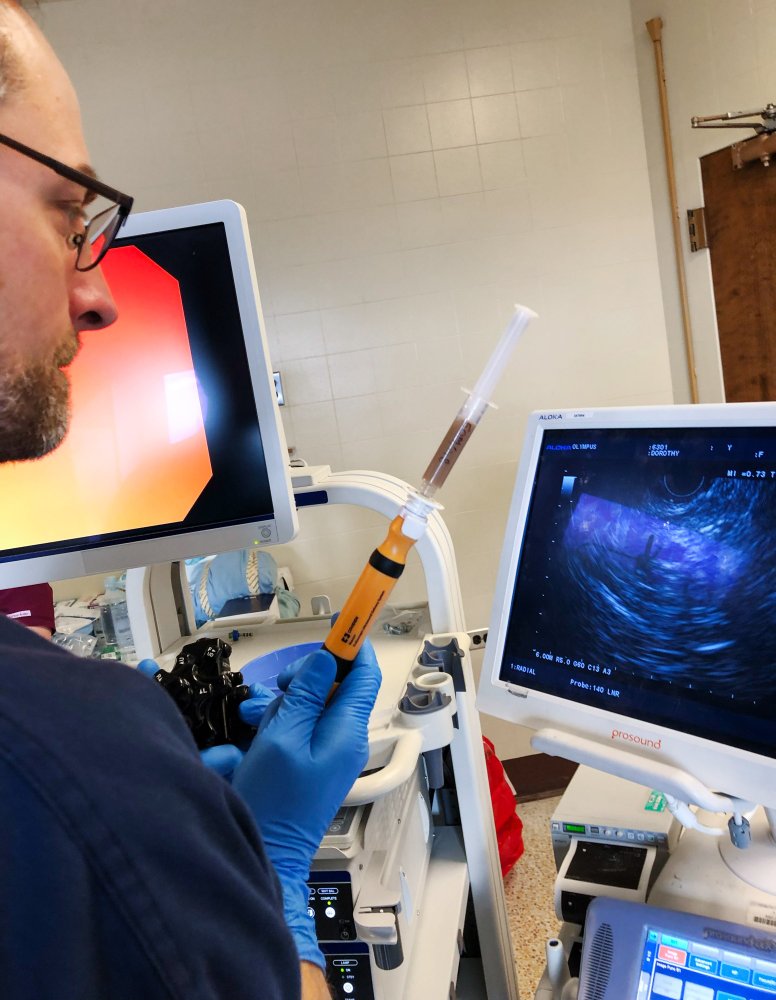
Ancient stone road let ships to go from Ionian to Aegean seas
The Diolkos stone road, a marvel of engineering from the time of Ancient Greece, allowed ships to travel overland from the Ionian Sea to the Aegean, bypassing the Peloponnesian Peninsula. Like the Corinth Canal to which it ran almost parallel, which was finally constructed millennia later, it made passage around the peninsula much safer for the vessels, but it also meant backbreaking labor for the unlucky men who were tasked with pulling the vessels across the isthmus.
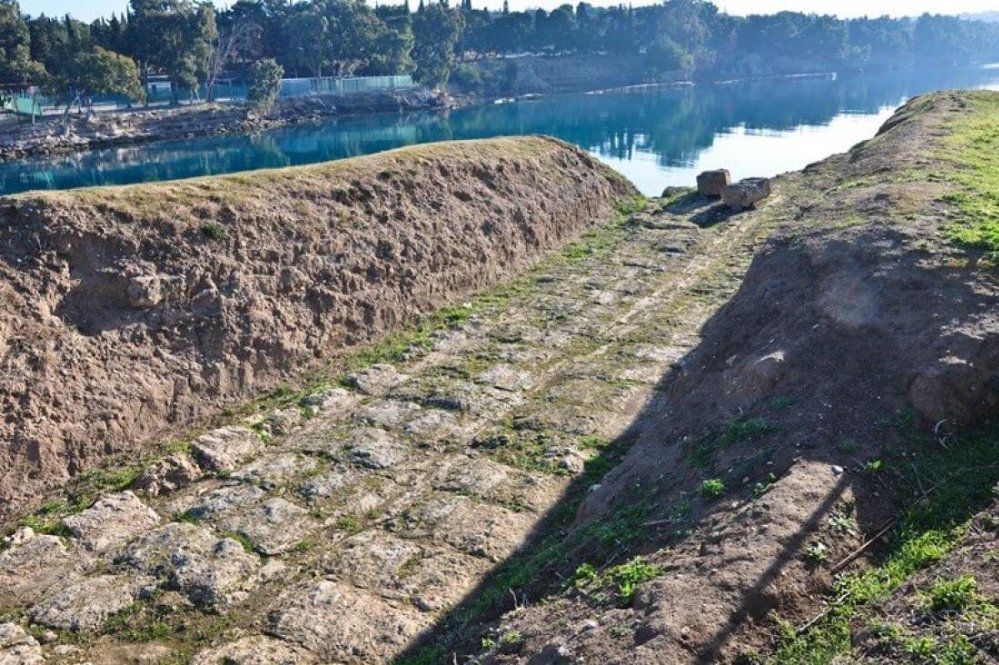
Play-doh was originally sold as a wallpaper cleaner. The company nearly went under after WW2 due to the transition away from coal heating and the introduction of washable vinyl wallpaper.https://t.co/L6dSQOVk1Q
— tilbot (@tilbots) August 25, 2022



